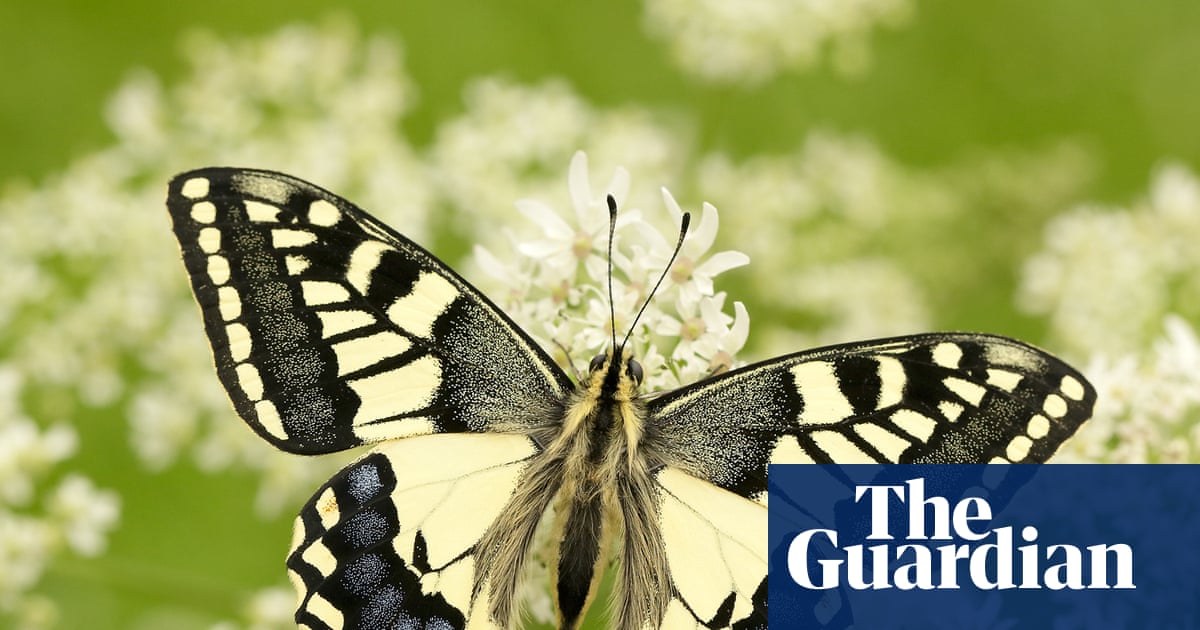
"Researchers are to attempt to rear swallowtail butterflies from eggs frozen in liquid nitrogen, in a test to see if cryopreservation could support the long-term conservation of Britain's largest native species. In a groundbreaking project, researchers will freeze eggs of captive-bred European swallowtails in liquid nitrogen at -196C and then attempt to rear butterflies from the unfrozen eggs, comparing their success with butterflies reared from eggs that have never been frozen."
"The British swallowtail (Papilio machaon britannicus) is a unique subspecies but its range is shrinking and it is vulnerable to extinction, confined to low-lying parts of the Norfolk Broads likely to be overwhelmed by rising seas over the next century. In 2024, it suffered its worst year since scientific records began. Cryopreservation for butterflies is being tested by researchers from Anglia Ruskin University (ARU) in partnership with Jimmy's Farm & Wildlife Park and Nature's Safe charity, a biobank specialising in conservation cryopreservation."
"Dr Alvin Helden, a member of the Applied Ecology Research Group at ARU, said: Our project will combine fieldwork and lab research to see if we can establish a reliable method for preserving the British swallowtail's genetic material by using its closely related, but less endangered, European cousin."
Researchers will attempt to rear swallowtail butterflies from eggs cryopreserved in liquid nitrogen to evaluate cryopreservation for long-term conservation. Eggs from captive-bred European swallowtails will be frozen at -196C and then reared alongside never-frozen controls to compare survival and development. Successful cryopreservation could enable storage of British swallowtail eggs to support breeding programmes and translocation efforts. The British swallowtail (Papilio machaon britannicus) is a unique subspecies with a shrinking range, vulnerable to extinction and confined to low-lying parts of the Norfolk Broads threatened by rising seas. Anglia Ruskin University, Jimmy's Farm & Wildlife Park and Nature's Safe charity will combine field and lab work to develop methods using a closely related, less endangered European cousin.
Read at www.theguardian.com
Unable to calculate read time
Collection
[
|
...
]